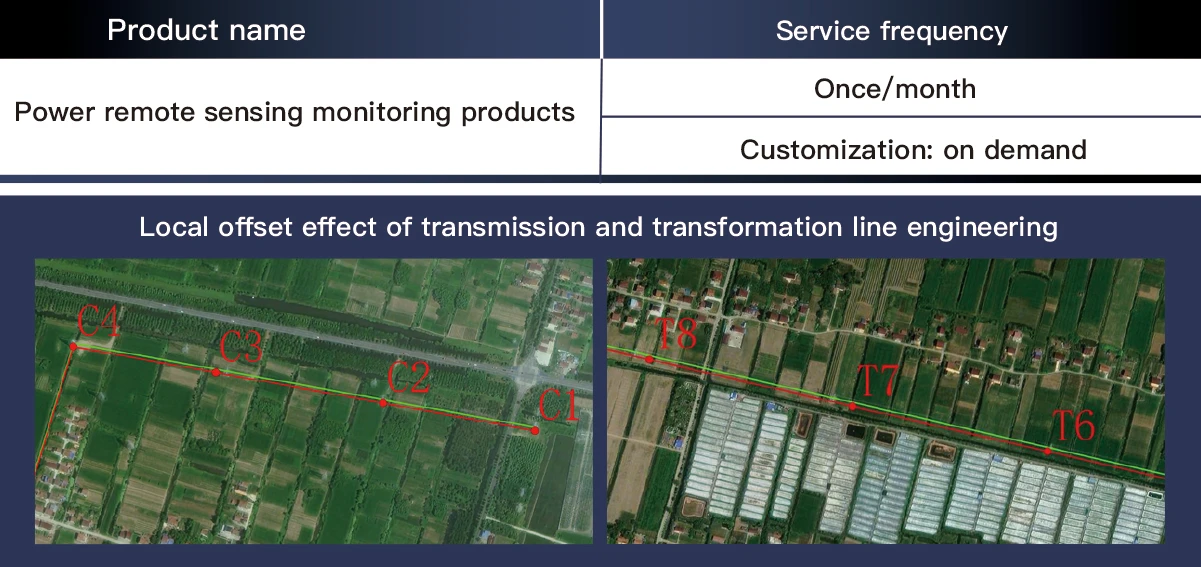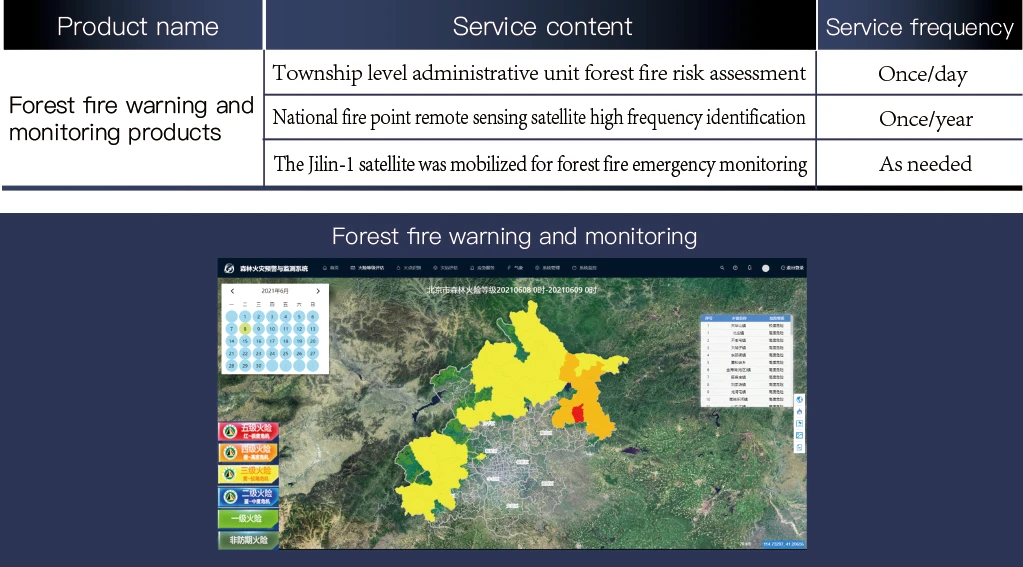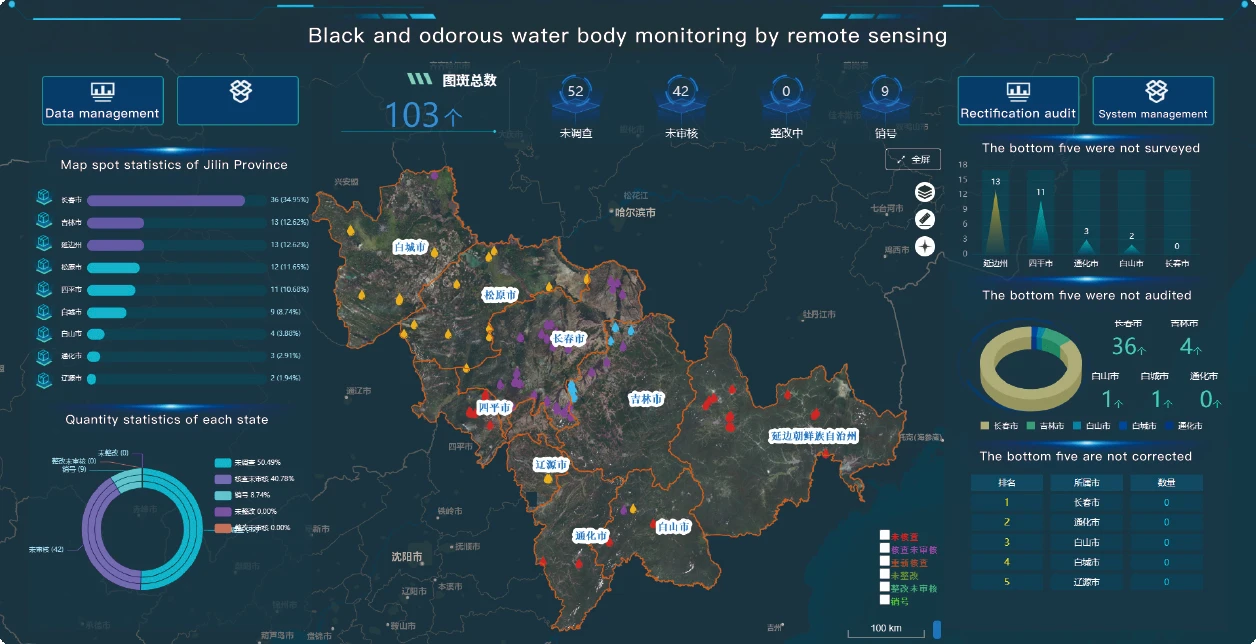
- Afrikaans
- Albanian
- Amharic
- Arabic
- Armenian
- Azerbaijani
- Basque
- Belarusian
- Bengali
- Bosnian
- Bulgarian
- Catalan
- Cebuano
- China
- Corsican
- Croatian
- Czech
- Danish
- Dutch
- English
- Esperanto
- Estonian
- Finnish
- French
- Frisian
- Galician
- Georgian
- German
- Greek
- Gujarati
- Haitian Creole
- hausa
- hawaiian
- Hebrew
- Hindi
- Miao
- Hungarian
- Icelandic
- igbo
- Indonesian
- irish
- Italian
- Japanese
- Javanese
- Kannada
- kazakh
- Khmer
- Rwandese
- Korean
- Kurdish
- Kyrgyz
- Lao
- Latin
- Latvian
- Lithuanian
- Luxembourgish
- Macedonian
- Malgashi
- Malay
- Malayalam
- Maltese
- Maori
- Marathi
- Mongolian
- Myanmar
- Nepali
- Norwegian
- Norwegian
- Occitan
- Pashto
- Persian
- Polish
- Portuguese
- Punjabi
- Romanian
- Russian
- Samoan
- Scottish Gaelic
- Serbian
- Sesotho
- Shona
- Sindhi
- Sinhala
- Slovak
- Slovenian
- Somali
- Spanish
- Sundanese
- Swahili
- Swedish
- Tagalog
- Tajik
- Tamil
- Tatar
- Telugu
- Thai
- Turkish
- Turkmen
- Ukrainian
- Urdu
- Uighur
- Uzbek
- Vietnamese
- Welsh
- Bantu
- Yiddish
- Yoruba
- Zulu
Empowering Industrial Efficiency Through Mechanical Equipment and Ventilation Solutions
In the fast-paced world of industrial manufacturing and engineering, maintaining optimal performance and safety requires the strategic use of specialized tools. Among the most essential are mechanical equipment, ventilating equipment, and refrigeration service tools, which together form the backbone of many operational processes. From managing heat exchange to ensuring air circulation and temperature control, these tools are vital for sustaining productivity, enhancing workplace conditions, and extending the life cycle of machinery.
The Central Role of Mechanical Equipment in Industrial Operations
Mechanical equipment includes a wide array of tools and systems designed to apply mechanical force, manage thermal energy, or support movement in industrial processes. This category encompasses everything from motors and pumps to fans and hydraulic presses, all of which are engineered to perform specific functions with high reliability.
These systems are the foundation of industrial operations, powering production lines, supporting logistics systems, and facilitating structural integrity in facilities. The efficiency and durability of mechanical equipment directly impact productivity, making proper maintenance and timely upgrades critical. This is why many industries rely on integrated solutions like mechanical equipment screens to protect and monitor these tools, minimizing exposure to environmental hazards while ensuring visibility and access for maintenance.
Importance of Refrigeration Service Tools for Climate-Controlled Systems
In sectors such as food processing, pharmaceuticals, and chemical manufacturing, maintaining a controlled temperature is not a luxury but a necessity. This is where refrigeration service tools come into play. These tools are specifically designed for installing, repairing, and maintaining refrigeration systems to ensure consistent performance.
Refrigeration service tools include vacuum pumps, manifold gauges, leak detectors, and recovery machines, all tailored to handle the complexities of modern cooling systems. These tools are essential for professionals to detect inefficiencies, troubleshoot problems, and manage refrigerant systems with accuracy and safety. The reliability of refrigeration processes is not just about preserving goods—it's about meeting stringent industry regulations and maintaining operational stability.
Advancing Ventilation with High-Performance Equipment
Proper air movement and quality control are vital in industrial environments where processes can generate heat, moisture, or airborne contaminants. Ventilating equipment such as industrial fans, air purifiers, and ducting systems plays a key role in maintaining a healthy, safe, and compliant workspace.
Modern ventilating equipment is built for high-efficiency air exchange, designed to optimize energy use while delivering effective airflow. This ensures that working environments remain within acceptable temperature and humidity ranges, supports machinery cooling, and promotes employee well-being. Furthermore, advanced ventilation designs contribute to better thermal management, reducing the burden on HVAC systems and enhancing overall energy efficiency.
Mechanical Heat Exchangers: Engineered for Efficiency
A crucial subset of thermal control within mechanical systems is the mechanical heat exchanger. These devices are engineered to transfer heat from one medium to another, enabling temperature regulation in everything from engines to industrial ovens. In mechanical operations, efficient heat exchange is essential for preventing overheating, improving energy use, and maintaining the integrity of materials and machinery.
There are several types of mechanical heat exchangers, including shell-and-tube, plate, and air-cooled models, each suitable for different thermal load requirements. Their design emphasizes surface area, material conductivity, and flow optimization to achieve maximum transfer efficiency. In many modern facilities, these systems are integrated with sensors and automation technology, allowing for real-time performance monitoring and adaptive control.
Protection and Monitoring with Mechanical Equipment Screens
As industrial systems become more advanced, there is an increasing need for equipment that not only performs but also remains protected under demanding conditions. Mechanical equipment screens offer this essential protection by shielding machinery from physical damage, environmental factors, and unauthorized access.
These screens are typically custom-designed to fit around mechanical assemblies while providing easy access for technicians. In addition to physical protection, they can be integrated with smart monitoring solutions that detect abnormal vibrations, temperature changes, or unauthorized access. This combination of physical shielding and digital insight ensures that mechanical equipment operates smoothly with minimal downtime and reduced risk of costly failures.
mechanical heat exchanger FAQs
What are refrigeration service tools used for in mechanical systems?
Refrigeration service tools are essential for installing, maintaining, and repairing refrigeration systems in mechanical operations. They help professionals manage refrigerant flow, detect leaks, and ensure optimal cooling performance in industries where temperature control is critical.
How do ventilating equipment systems improve industrial safety?
Ventilating equipment enhances safety by ensuring adequate airflow, removing hazardous fumes, and controlling indoor temperatures. This not only protects workers from health risks but also prevents equipment from overheating or operating inefficiently.
Why are mechanical equipment screens necessary in industrial environments?
Mechanical equipment screens provide protective barriers around machinery, safeguarding it from physical damage and external contaminants. They also enhance safety by preventing unauthorized access and can be integrated with sensors for real-time equipment monitoring.
What is the function of a mechanical heat exchanger in an industrial setup?
A mechanical heat exchanger transfers thermal energy between two fluids or mediums to regulate temperature. It is a vital component in systems that require controlled heating or cooling, improving energy efficiency and system performance.
How can proper use of mechanical equipment extend operational life?
Using mechanical equipment correctly, along with regular maintenance and monitoring, can reduce wear and tear, improve efficiency, and prevent premature failure. This ultimately extends the lifespan of machinery and reduces operational costs.











